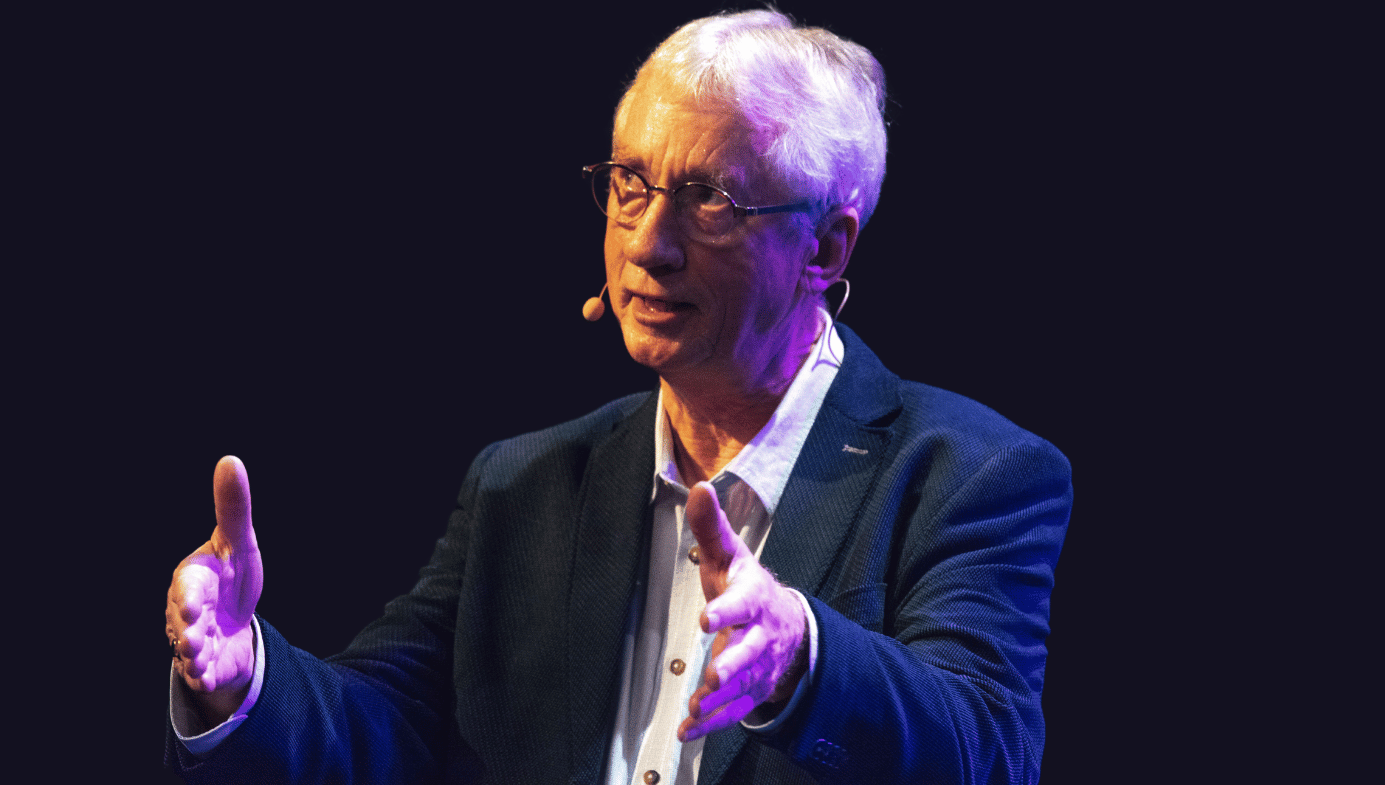· 7 min read

Keep reading
Stealing Australia and Buying New Zealand
Sean Welsh
· 16 min read
After Liberal Internationalism
Matt Johnson
· 21 min read
Natalism and the Welfare Mother
Stephen Eide
· 6 min read
A New Middle East?
Brian Stewart
· 6 min read





